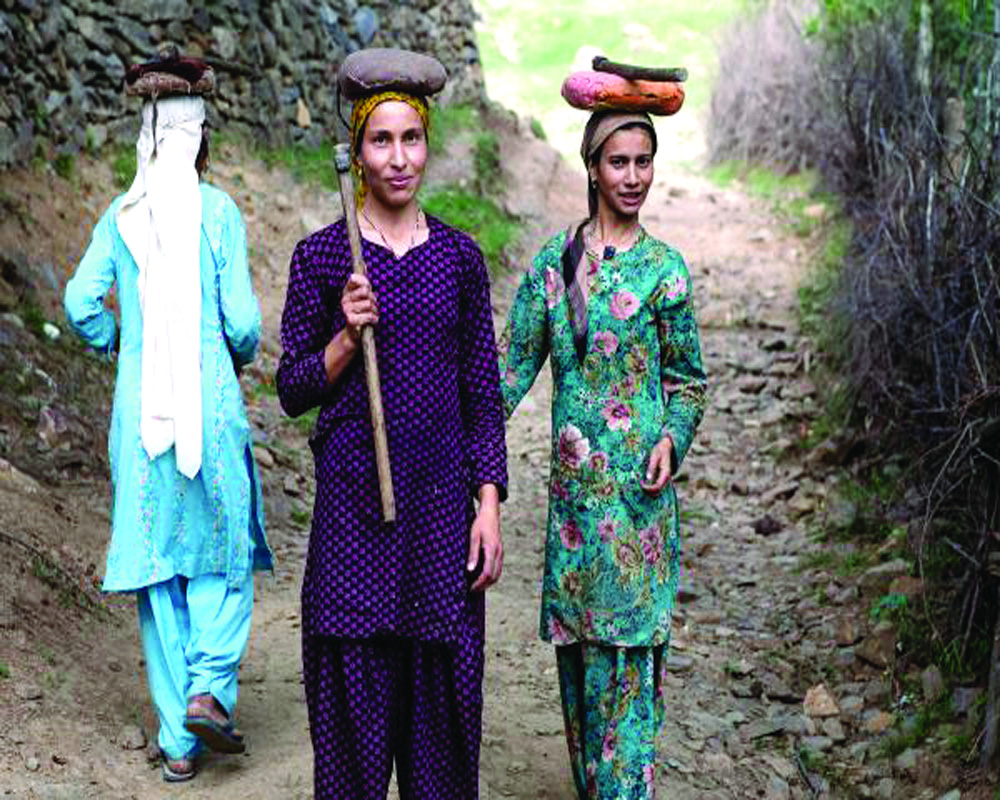These workers, predominantly women, form the invisible backbone of families and communities, shouldering critical responsibilities without recognition or compensation
Unpaid care workers play a crucial yet often overlooked role in sustaining families and communities. These individuals, typically family members and predominantly women, take on essential caregiving and household tasks without formal salaries or wages. Their contributions range from managing daily domestic duties to supporting vulnerable family members and even volunteering in community-based activities. Despite the significant value they provide, their work remains largely unrecognised, unregulated, and uncompensated, often leaving them economically insecure and lacking social protections.
This group includes several key roles. Household caregivers provide daily care for children, elderly relatives, or family members with disabilities, handling tasks like cooking, cleaning and offering emotional support. Childcare providers, especially in low-income families, often include mothers or grandmothers who look after young children, offering informal education and supervision. In some communities, individuals volunteer for communal care tasks such as organising child care or assisting with health-related services out of a sense of responsibility rather than financial motivation.
Family health caregivers manage tasks such as administering medication, assisting with mobility, and caring for chronically ill relatives. In rural areas, unpaid care work often extends to agricultural labor, including farming, collecting water, and gathering firewood, which are essential for household survival but remain uncompensated.
The economic contributions of unpaid care work are immense, supporting families and enabling formal economic activities by ensuring the wellbeing of individuals. However, the lack of formal recognition and compensation leaves these workers vulnerable to financial instability and limits access to social protections.
A related but distinct category includes ‘Anganwadi’ workers, who occupy a middle ground between unpaid and paid care work. Employed under the Integrated Child Development Services (ICDS) programme, they receive a modest honorarium rather than a formal wage. This compensation is often irregular, lacks benefits like retirement or health insurance and fails to provide the stability of formal employment. Consequently, while Anganwadi workers are technically paid, their financial insecurity mirrors the challenges faced by unpaid care workers.
Despite their critical contributions to the care economy, Anganwadi workers remain undervalued and under-compensated. Many are forced to take on additional jobs to make ends meet. Their situation highlights the broader societal neglect of care work, where contributions—paid or unpaid—are undervalued and often relegated to the margins of economic discourse. Addressing these issues requires recognising care work’s essential role in social and economic systems and implementing policies that ensure fair compensation and protection for all care workers.
(The writer is Secretary, Indian Trade Union Congress (INTUC); views are personal)


























